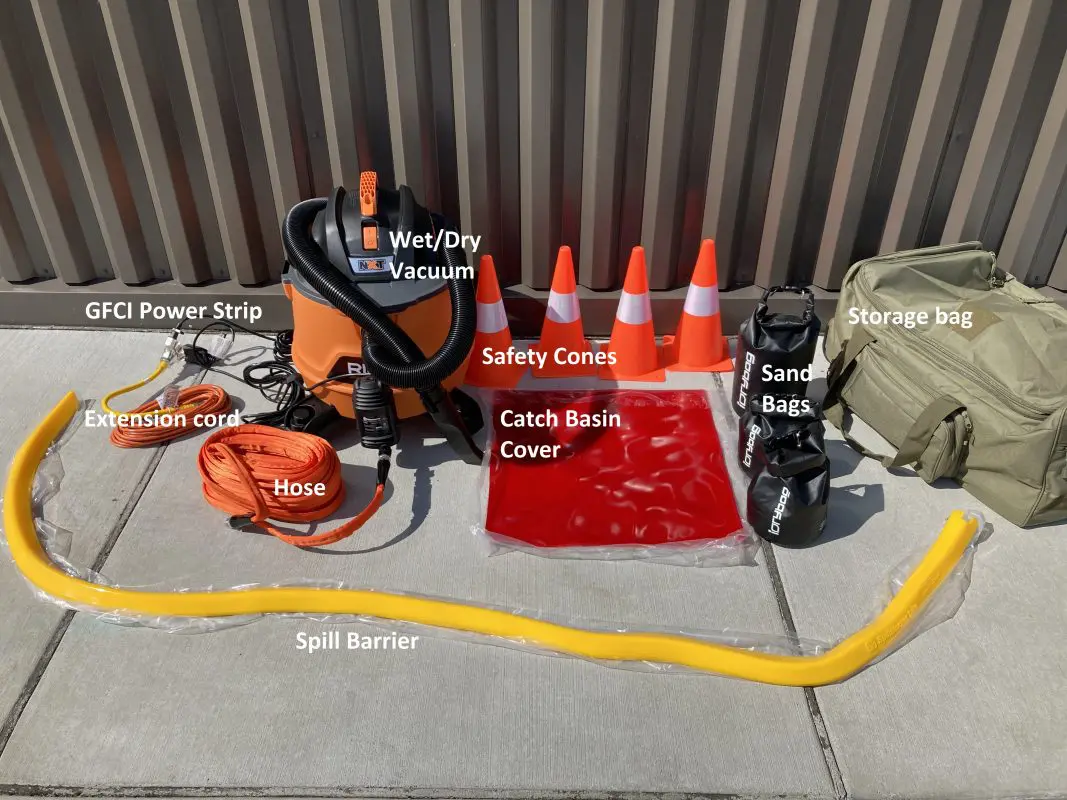Pressure washing is a method often used to clean buildings and paved surfaces. If not done correctly, pressure washing can harm water quality.
Pressure washing can release pollutants from surfaces due to the strong force of the water. This resulting wastewater may contain toxic substances like oils, grease, metals and dirt. If not properly contained and disposed of, this wastewater can enter storm drains, which often flow directly into our local creeks or Bellingham Bay with little to no pollution treatment. Proper containment and cleanup are crucial to protect our waterways.
Discharge of anything other than rain into the storm drain, including pressure wash wastewater, is prohibited by Bellingham Municipal Code 15.42, as well as State and Federal laws. Thankfully, there are easy steps and accessible tools to help businesses manage pressure wash water runoff.
More Information for Businesses
Our Pollution Prevention Specialists are here to help businesses manage wastewater and utilize available resources. Unsure how to use these tools or properly collect and dispose of pressure wash water? Contact our Business Pollution Prevention Program for a free training and additional resources at bppa@cob.org or 360-778-7740.
For business-related stormwater resources, trainings and more, visit the Washington Stormwater Center.

